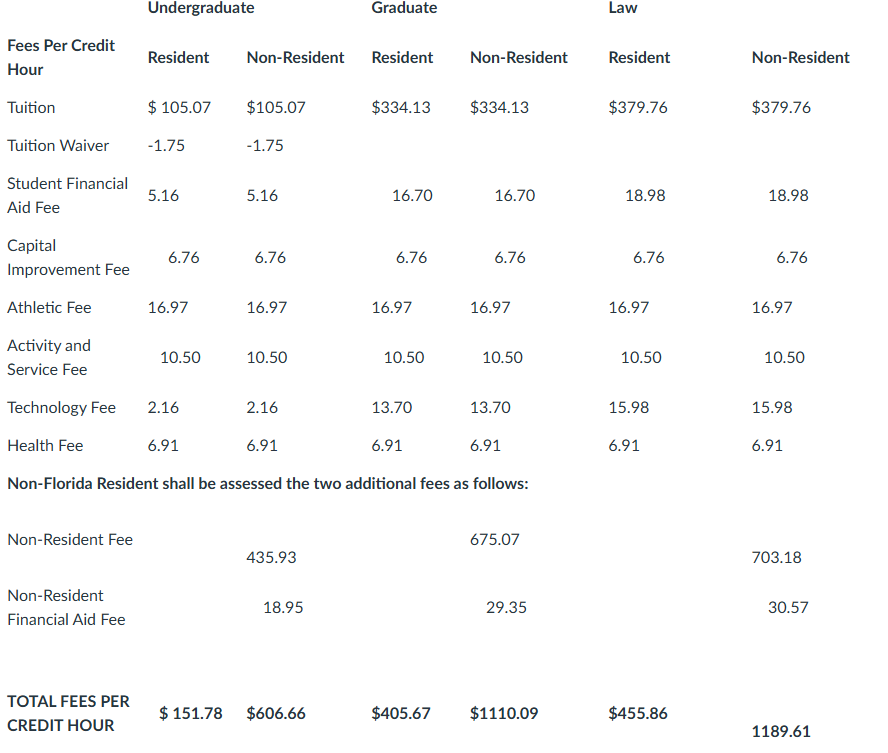Many people have personal boundaries that they set to live in their bliss. Setting healthy boundaries is easier said than done for some, but we all strive to respect ourselves enough to say ”no” when we really want to.
Having personal boundaries sets us up for healthy and positive relationships, whether platonic or romantic, a good workplace environment and a better outlook on life. Not speaking up for yourself when someone pushes your boundaries builds bad and unhealthy habits. If putting yourself first is the solution to setting these boundaries, why is it sometimes difficult for many to adhere to their standards?
What is a Personal Boundary?
The invisible lines we construct around ourselves to specify the bounds of what defines appropriate behavior from others are known as personal boundaries. Not allowing someone to talk any way towards you or limiting the amount of screen time are two examples of boundaries on two different ends of the spectrum.
Emotional, sexual, physical, verbal, workplace and time boundaries are the most common categories among people, according to Psych Central. Boundaries can be big or small, but it all depends on what something thinks is most important to them.
Are boundaries even important?
We all want to get the most out of life, and by setting our standards on how we want to be treated, we level up our sense of self-care. Pre-Med Biology student Angel Johnson thinks her boundaries are important because people will always test you in life.
“You have to make barriers between you and other people so they know what you do and do not allow,” Johnson said.
While establishing new barriers, always consider putting yourself first and genuinely think about actions you can take to make yourself comfortable in every setting.
Students POV
Another layer of setting and following boundaries is being able to say “no” before allowing someone to cross the line. Saying ”no” is hard for people because they may want to please others and not cause conflict between one another.
When it comes to college students, we may struggle to find our footing in personal boundaries because we are still discovering who we are.
Academic coach Ms. Imani Evora, who guides students to success and is a big believer in setting boundaries, thinks students are sometimes afraid to say “no” because of the opinions of their peers.
”In my work with students, I’ve observed how much “no” affects their identity, sense of belonging, and their social status, all of which, at times, they prioritize over themselves,” Evora said. ”Sometimes the cost is simply too steep, and the repercussions are too extreme.”
The pressure of peer acceptance can alter how someone reacts to a situation. As we continue to grow into our adult years, being more self-assured will allow us to stick to the boundaries that we place for ourselves.
Okay, so where do we start?
Setting boundaries and following through with them can take time, but it is possible to start standing on business day by day. According to radio personality sophomore broadcast journalism student Jarrett Johnson, there are multiple ways to begin implementing personal boundaries, but one of the best ways is to be honest with your peers.
“Even if you don’t know what your boundaries are, be real about that,” Johnson said. “If it is someone you actually have a bond with, they will work with you.”
There are a lot of simple steps someone can take to establish effective and healthy boundaries. First, ask yourself your true values, limits, and needs, and from there, assess how to incorporate them into your daily interactions. It is best to set your boundaries early on in relationships and friendships, but with time, they can grow and change with you. The major factor in expressing yourself is being comfortable with communicating your feelings to your partner. It is also okay to question your feelings about whether someone crossed a line. Remember that it is okay to start small as long as you start somewhere. Once you find your voice, be firm and consistent on what you believe. It is always possible to start prioritizing your well-being and being self-aware of what is best for you.













